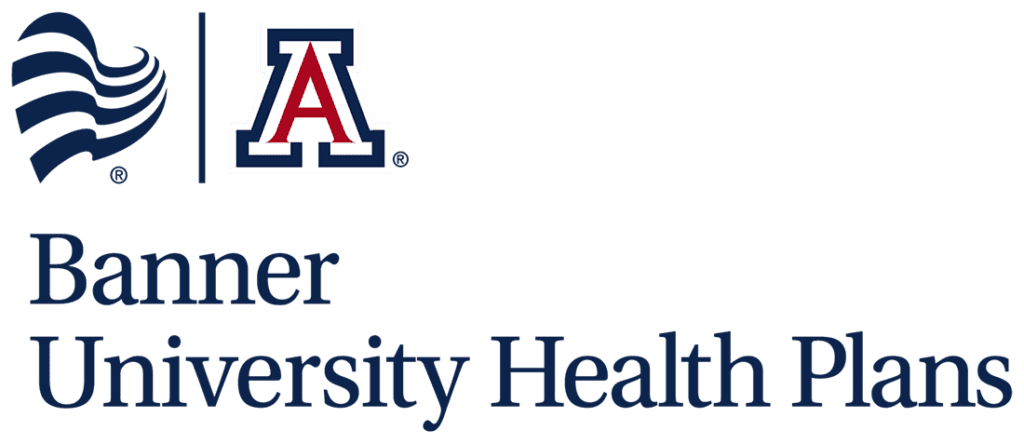About Transitional Living Communities – Mesa
Transitional Living Communities is a peer-run drug and alcohol rehab center in Mesa, Arizona. The 850 bed facility helps men and women committed to change develop healthy coping skills and trade skills that can help secure employment. They are a homelike facility with modern amenities.
Transitional Living Communities operates a series of recovery houses in the area. The staff includes medical and clinical professionals as well as peer volunteers.
Clients live at one of the recovery houses during treatment, where they receive care and participate in education and therapy programs. While living at the facility, clients must go out into the community to find employment and attend support meetings. Clients are monitored by staff throughout their stay.
As clients progress through the program and achieve stability, they are given more privileges. Ultimately, clients will need to find a job, a sponsor, and attend 12 step meetings in addition to following their treatment plan. These conditions help clients achieve stability and give them a greater sense of responsibility.
Clients work with staff to develop the treatment plan that best fits their needs. Treatments provided include individual counseling, group counseling, family counseling, stress and anger management, mindfulness exercises, massage therapy, hypnosis, substance abuse assessments, and garden therapy. Treatment options can be provided on a flexible schedule.
IOP can serve as a transitional step for those who have completed the residential treatment program. It’s designed for clients who can benefit from a highly structured treatment schedule but are stable enough to live independently and don’t require close monitoring from staff. The same treatment options from the inpatient program are also available in IOP.
Upon completing the program, clients receive additional assistance from staff. Their care team will help them connect to aftercare programs in the area, such as ongoing substance abuse therapy programs. Transitional housing is also available for those exiting the program.





